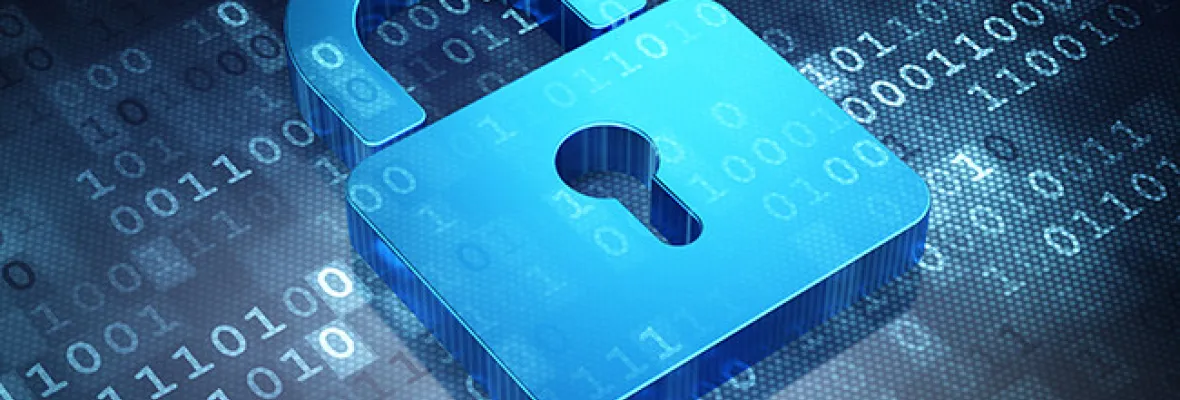As our society grows increasingly dependent on electronic networks for managing everyday life, running our economy, and defending the nation, cybersecurity has become one of our most pressing challenges.
Can we protect the power grid, telecommunication networks, financial data, “smart” products, and our private information, while still enjoying the benefits technology affords us?
AAU universities are helping answer that question, leading the way with multidisciplinary research, technology development, and education.
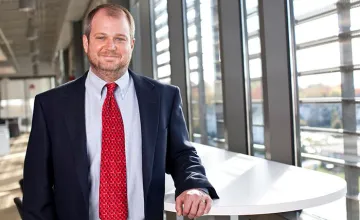
Martin Swany, a professor and chair of the Department of Intelligent Systems Engineering at Indiana University Bloomington, answers questions about his work with thermal imaging and electromagnetic probes.
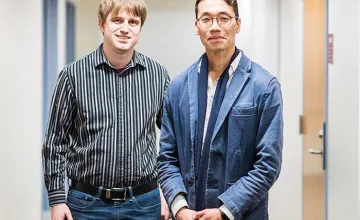
Two Boston University computer scientists have developed a tool that could make it harder for hackers to find their way into networks where they don’t belong.
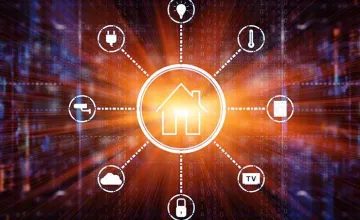
Researchers at Stanford University have developed a new system for aggregating usage reports from personal devices that emphasizes maintaining the user's privacy.
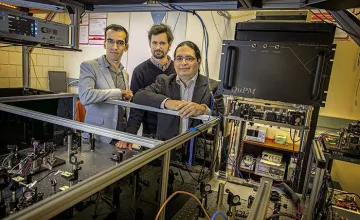
A team of researchers at Stony Brook University has developed a technology and prototype device based on quantum mechanics designed to prevent network hacking.
Explore More: Safeguarding the Connected World
You can sort by specialty area and/or by university.
Today’s mobile apps are increasingly aggressive at collecting users’ private data. App users have very limited control over how and when apps should be allowed to access sensitive sensors or personal data, ranging from cameras and GPS to contacts and app usage history. The problem is further complicated as more and more apps integrate “data-hungry” components, such as advertising, analytics and user trackers.
Stony Brook University - The State University of New York | Protecting Individual Data | Safeguarding the Connected World
Researchers in UF’s Herbert Wertheim College of Engineering such as Domenic Forte are developing new ways to keep us safe and secure in our increasingly digital lives.
Researchers at UPenn are exploring how the algorithms that conduct network analysis can be designed to guarantee certain privacy protections.
Swarup Bhunia's students at Case Western Reserve are going to war. Their targets: each other. Their mission: the total collapse of enemy infrastructure. Their objective: protecting any computer system from any attack.
The internet has become so critical to our society that addressing its weaknesses is like “operating on a live patient,” says Mark Crovella, a Boston University College of Arts & Sciences (CAS) computer science professor and department chair. CAS computer scientists are taking on the challenge of securing a platform designed for open access while protecting our liberties.
